Editor
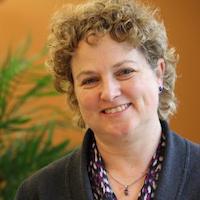
Caroline R. Richardson, MD, is the Editor of Annals of Family Medicine. Her research focuses on physical activity and its effects on chronic diseases, web-based health interventions, diabetes, quality improvement, heart disease risk factor modification, and veterans' health. Dr. Richardson serves as chair of Family Medicine at Alpert Medical School at Brown University. Dr. Richardson was the Associate Chair for Research Programs in the Department of Family Medicine at the University of Michigan, and Director of the Veterans Administration Diabetes Quality Improvement Initiative (QUERI) where she conducted a multi-site implementation study of the Diabetes Prevention Program for veterans.
Associate Editors
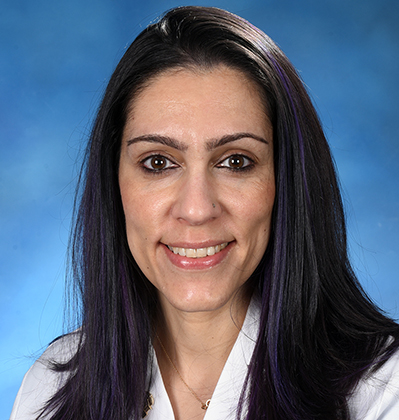
Diana N. Carvajal, MD, MPH, is a practicing family physician and a health services researcher in the Department of Family Medicine and Community Health at the University of Wisconsin–Madison. Prior to joining the faculty at UW-Madison, she was Associate Professor at the University of Maryland, Baltimore. In her research, Dr. Carvajal focuses on addressing reproductive health inequities for the most disadvantaged communities and employs lenses of reproductive justice and intersectionality to understand how clinicians can best support and communicate with their patients about important reproductive health decisions. She also has academic expertise and lived experiences in health equity and workforce diversity research and teaching. From 2020 to 2024, she served as the Director of Diversity, Equity, Inclusion and Strategic Planning for RHEDI based at the Montefiore Medical Center/Albert Einstein College of Medicine in the Bronx, NY. In this role, she led the development and implementation of programs to diversify the reproductive health workforce in family medicine. Dr. Carvajal completed her residency at Columbia University Medical Center in New York, her MPH at the Johns Hopkins Bloomberg School of Public Health, and her Primary Care Health Services Research fellowship at the University of Maryland School of Medicine.

Robin Gotler, MA, is a writer, researcher, and administrator in the Center for Community Health Integration at Case Western Reserve University. Her roles have included Associate Director of the Minnesota Academy of Family Physicians (MAFP) and Executive Director of the MAFP Foundation. From 1999 to 2010 she was Executive Director of the multi-site Center for Research in Family Medicine and Primary Care. Robin's interests include decision-making, end of life care, narrative, the historical development of medical specialties and professions, and the future of primary care. She has been an associate editor of the Annals of Family Medicine since 2003.

Diane M. Harper, MD, MS, is an internationally recognized clinical research expert in HPV associated diseases, their prevention, early detection, and treatment for the prevention of cancer. She has been a consultant for the World Health Organization (WHO) and the Pan American Health Organization (PAHO) to advise on global guidelines and to set up screening and prevention operations in low and middle income countries to prevent cervical cancer. She received the Distinguished Scientist Award from the European Research Organization on Genital Infection and Neoplasia for her scientific work as well as the Femmes de l'Année Prix Monte Carlo, which honors one local and one international woman a year for her influence in bettering women's lives around the world.

Camille Hochheimer, PhD, is a Research Associate in the Center for Innovative Design and Analysis (CIDA) and the Department of Biostatistics and Informatics at the Colorado School of Public Health. At CIDA, she manages the Consulting Center and collaborates with the Department of Family Medicine as well as the Division of Gastroenterology and Hepatology in the Department of Medicine at the University of Colorado's Anschutz Medical Campus. Previously, she was a postdoctoral research associate at the University of Virginia (UVA) in the Department of Public Health Sciences. She earned her PhD in biostatistics from Virginia Commonwealth University and her BA from UVA. Her research interests include best statistical practices for clinical trials and statistical consulting.

Michael Johansen, MD, MS, grew up in Dublin (the suburb of Columbus, not the capital of Ireland). After 5 different majors, he graduated from Ohio State with a degree in Accounting. This naturally translated into going to medical school at Ohio State. After a general surgery internship, he found his calling as a family doc. He completed his family medicine residency and a fellowship in evidence based medicine and research methodology at the University of Michigan. His research has been published in a wide variety of journals including The New England Journal of Medicine, JAMA: Internal Medicine, and the Annals of Family Medicine. He also worked on the G-VIII evaluation of Medicaid expansion in the state of Ohio and currently serves as an associate editor for the Annals of Family Medicine. His hobbies include cooking, cultivation of native plants, hiking, visiting national parks, and health services research.

Jennifer Karlin, MD, PhD, is a board-certified family physician and fellowship-trained family planning specialist in the Department of Family and Community Medicine at the University of California, San Francisco. Trained as an anthropologist and historian of medicine, her mixed-method research addresses how we can alter healthcare relationships and systems to encourage patient empowerment, equity, and quality—as defined by patients themselves. Dr. Karlin is committed to medical and resident education that encourages physicians-in-training to approach their practices from a historical, trauma-informed, and self-reflexive perspective to improve quality of care and decrease additional trauma caused by the medical system.
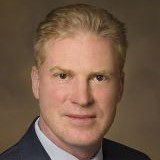
Yves Lussier, MD, FACMI, is professor and chair of the Department of Biomedical Informatics at the University of Utah. He received a bachelor of engineering (robotics) and medical degree from the University of Sherbrooke, Quebec, Canada. He conducted predoctoral research in the Departments of Medicine and Human Physiology at the University of Sherbrooke and then completed an internship in ophthalmology at Laval University Hospital in Quebec City and a residency in family medicine at the University of Sherbrooke Medical Center. He was a postdoctoral residential fellow in the Department of Biomedical Informatics in the College of Surgeons & Physicians at Columbia University. Dr. Lussier has served as tenure-track faculty in the Departments of Medicine at Columbia University, University of Chicago, University of Illinois at Chicago, and University of Arizona. He practiced medicine as a hospitalist for 17 years, including ten years of ER medicine and outpatient care as a family physician or internist. Dr. Lussier's research group conducts pioneering hypothesis-driven computational modeling and Artificial Intelligence (AI) predictions in precision medicine that are then validated in vitro, in vivo, and in clinical trials. As a leader of the fields of translational bioinformatics and AI–augmented precision medicine, he has launched successful companies and international conferences, authored over 200 publications, and delivered more than 100 invited presentations in precision medicine, systems medicine, and translational bioinformatics, including 30 opening keynotes at international conferences. He has been awarded $190,000,000 in grants as principal, core leader, or co-investigator, and mentored or co-mentored over 90 graduates, post graduate fellows, and junior faculty members. Dr. Lussier's honors include three IBM Faculty Awards, Fellow of the American College of Medical Informatics, first recipient of the Columbia University Faculty Mentoring Award, “Ambassador for Health Sciences” at the University of Sherbrooke, and 16 outstanding publication awards from the American Medical Informatics Association, the International Society for Computational Biology, and the Translational Bioinformatics Conference. In 2016, Dr. Lussier was one of ten US academic leaders invited by the White House for its Precision Medicine Summit.

George N. Okoli, MBBS, MSc-IH, MSc, PhD, holds a Master's Degree in International Health from Queen Margaret University, Edinburgh, United Kingdom; a Master's Degree in Public Health Research from the University of Edinburgh; and a PhD in Pharmacy (majoring in pharmacoepidemiology) from the College of Pharmacy, University of Manitoba, Winnipeg, Manitoba, Canada. He is a clinician by training, with substantial international exposure and experience in clinical epidemiology, pharmacoepidemiology, and health technology assessment, with special interest in influenza epidemiology, surveillance, and control. His research work includes epidemiology, pharmacovigilance (focusing on infectious diseases: vaccines and antiviral drugs), varied evidence synthesis methodologies (systematic reviews, rapid reviews, scoping reviews, mapping reviews, reviews of reviews, screening and diagnostic test accuracy reviews, meta-analysis, network meta-analysis, and trial sequential analysis), and health policy development, implementation, and evaluation. He is also a PRINCE2 methodology practitioner and facilitator and has excellent interpersonal skills.

Andy Pasternak, MD, MS, FAAFP, is a family physician at Silver Sage Center for Family Medicine in Reno, NV. He is also a community clinical professor at the University of Nevada Reno School of Medicine and research director for the Sports Medicine fellowship. He is the medical director for the Tahoe Rim Trail Endurance Races and the Western States 100-mile running races. Since 2012, he has been a board member of Access to Health Care, a non-profit in Nevada that improves the health and wellbeing of individuals by providing access to services that address the clinical and social determinants of health. He is a two-time board member of NAPCRG, first as a fellow and then as the community clinician chair. He is a past president of the Washoe County Medical Society and is currently the 117th President of the Nevada State Medical Association. In his free time, he enjoys trail running, bicycling, cross country skiing, traveling, and learning about Italian wines with his wife, Dr. JoAnn Ellero. He has aspirations of being a tuba player in an alt-brass jazz band.

Roy T. Sabo, PhD, is Professor of Biostatistics in the Virginia Commonwealth University (VCU) School of Public Health. His methodological expertise is in adaptive clinical study and trial designs, with applied experience in longitudinal clustered trial designs. He is the Director of the Biostatistics, Epidemiology and Research Design (BERD) Core in the Wright Regional Center for Clinical and Translational Science and is the former Director of the Biostatistics Shared Resource in the Massey Comprehensive Cancer Center. He has long-standing collaborative relationships with primary care researchers in the VCU Department of Family Medicine and Population Health. His current research focuses on informatics and biostatistical applications in preventive care research, as well as the combination of claims databases with other data sources to investigate public health focus areas such as substance abuse, social needs and determinants of health, and many others.

Anthony Sunjaya, MD, SM, MSc, is a medical doctor, originally from Indonesia, and researcher at The George Institute for Global Health, UNSW Sydney, Australia. He is also an Honorary Research Fellow at Imperial College London and a Visiting Researcher at the Royal Brompton and Harefield Hospitals. His research focuses on cardiorespiratory diseases, complex chronic diseases, primary care, and digital health, especially the development, validation, and translation of decision support systems, AI, and virtual care. He has a special interest in supporting universal health coverage, improving care and equity in access especially in low-resource settings and primary care through the use of innovative evidence-based solutions. He is internationally recognized as an expert in chronic breathlessness and is a member of the International Primary Care Respiratory Group (IPCRG) working group on breathlessness. His work has contributed to reports to the WHO and has been referenced in guidelines including by the U.S. CDC, with current projects being funded by the Medical Research Future Fund, Sydney Partnerships for Health, Education, Research and Enterprise (SPHERE), Australian Department of Health, NHS UK, WHO, and Asian Development Bank.

Sebastian Tong, MD, MPH, is a practiving family physician and addiction medicine specialist. He is an assistant professor of family medicine at the University of Washington in Seattle where he also serves as the associate director of the Washington, Wyoming, Alaska, Montana, and Idaho region Practice and Research Network. He conducts research in practice-based research, substance use, behavioral health, and chronic pain and has received funding from the National INstitute on Drug Abuse, the National Institute of Nursing Research and the Agency for Health Care Research and Quality. He is one of the National Academy of Medicine's 2023 - 2025 James C. Puffer/American Board of Family Medicine Fellow. He completed medical school at Boston University's School of Medicine, received a Master of Public Health from the Harvard School of Public Health, and finished his residency training in family medicine at the Greater Lawrence Family Health Center.
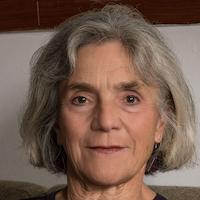
Therese Zink, MD, MPH, Dr. Zink's career spans 30 years and includes clinical care, teaching, research, and administration. She was a 2019-2022 recipient of a U.S. Fulbright Scholar Award, which took her to Palestine to assist with faculty development in the Department of Family and Community Medicine at An-Najah National University. Zink’s research has been published in a variety of medical journals and presented at national and international meetings. She has edited two anthologies, written two novels, and just published a second book of essays, COVID-Chronicles: How Essential Workers Cope. Zink's honors and awards include: President's Award, Minnesota Academy of Family Physicians (2013); Contribution to Quality Healthcare in Minnesota Award, Minnesota Medical Association (MMA) Quality Committee, Minnesota Medical Association Foundation (2013); being named one of the 100 Influential Health Care Leaders in Minnesota (2012); Distinguished Rural Educator, Minnesota Governor's Health Reform Task Force, MN (2012–2013), where she led the workforce task force; the National Rural Health Association (2012); and Minnesota Rural Health Hero, Minnesota Rural Health Association (2011). Her research focuses on qualitative and mixed methods approaches in intimate partner violence, rural medical education, guideline implementation in primary care, and most recently, medical professionalism.
Editorial Fellows

Nikhila Gandrakota, MD, MPH, completed her medical degree at Siddhartha Medical College. She earned an MPH in Epidemiology from Emory’s Rollins School of Public Health and went on to complete her Family Medicine residency at Emory as the program’s first research track resident.

Britt Gayle, MD/MPH, AAHIVS, is a family medicine specialist at the MedStar Family Health Center near Baltimore. He is a graduate of the Emory University School of Medicine and completed his family medicine residency program at UPMC McKeesport Hospital, where he focused on global health research initiatives and HIV primary care.

Diego Garcia-Huidobro, MD, PhD, is Associate Professor in the Department of Family Medicine at Pontificia Universidad Católica de Chile and Adjunct Assistant Professor at the Department of Family Medicine and Community Health at the University of Minnesota. He conducts clinical research to expand the therapeutics available for primary care populations.
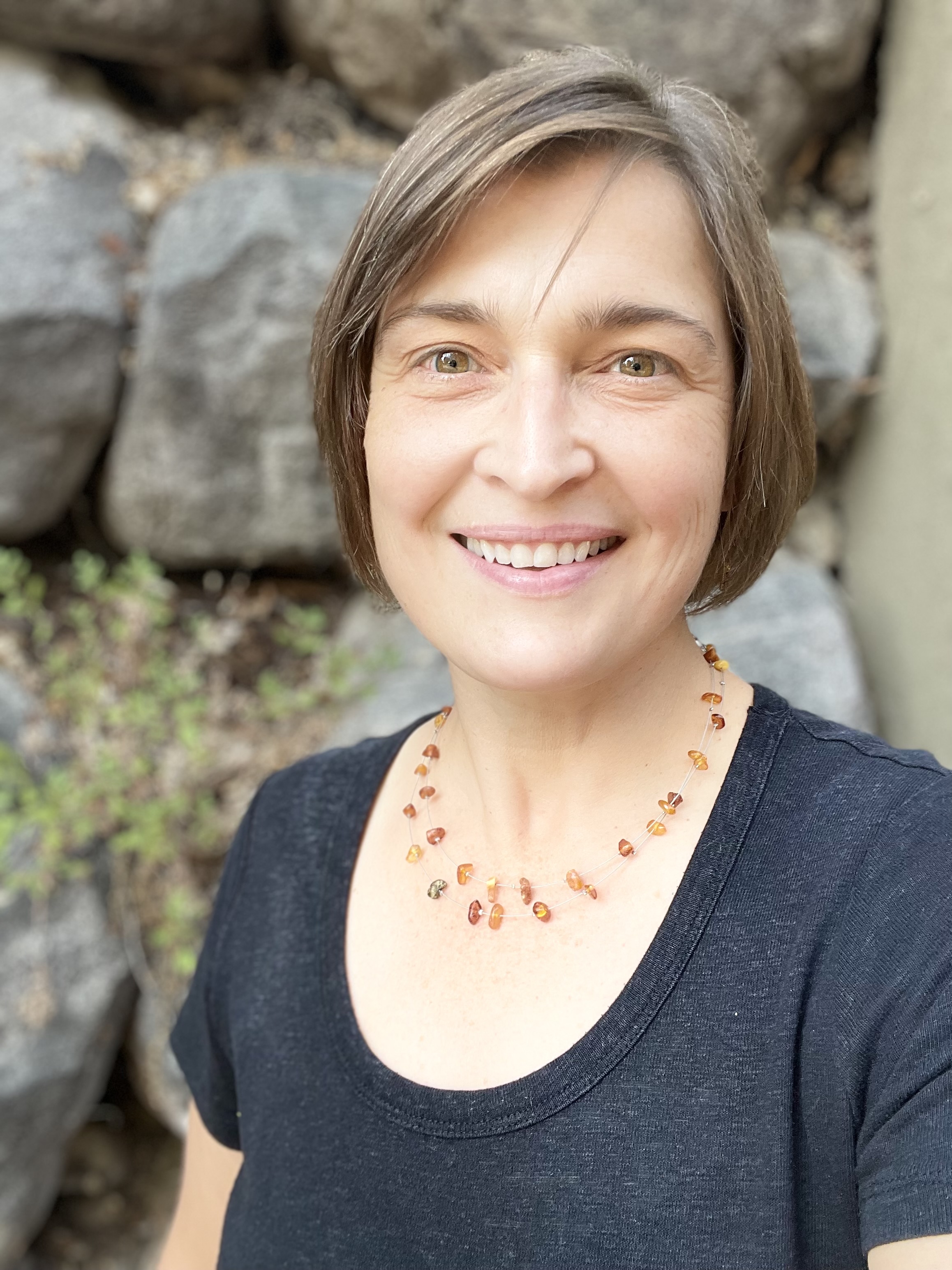
Melanie Steiner, PhD, is Assistant Professor and Director of Research Development in the Department of Family Medicine at Indiana University School of Medicine. She received her PhD in German Studies from Cornell University before transitioning to a career in academic medicine, where she contributes expertise in grant writing and the science of mentoring to building research capacity in family medicine. Her scholarly interests include women’s health history and narrative medicine, and she is an affiliate of the Center for Health Ethics, Arts, and Humanities at the University of Utah.
Annals of Family Medicine Staff

Senior Editorial Manager - Ellen McCarthy, BA. Ellen worked in scholarly publishing for most of her career, including as acquisitions editor at the University of Michigan Press and managing editor for the journals Medical Anthropology Quarterly and Human Resource Management. She resides in Ann Arbor, Michigan.

Editorial Coordinator - Susan Cronin, MFA. Susan worked for scholarly publishers including Cambridge University Press, W.W. Norton, and the University of Michigan Press. She earned a BA in English from Rutgers University, studied at the Sarah Lawrence College Graduate Writing Program, and holds an MFA in poetry from The New School. Her poems have appeared in numerous literary journals, and she is working toward finishing her first book. Susan and her husband, Fritz McDonald, Associate Professor of Philosophy at Oakland University, are a couple of East Coast kids forever learning new things about life in the Midwest. The Peony Garden at the University of Michigan’s Nichols Arboretum is one of her favorite places.

Communications Specialist - Sofia Darovskikh, MS. Sofia is proficient in content design, distribution strategies, and digital media development. She is experienced in various aspects of digital marketing and communications, including brand reputation and relationship management. She holds a MS in Communication Science from the University of Vienna where she has conducted, presented, and published research focusing on new media and strategic communications.
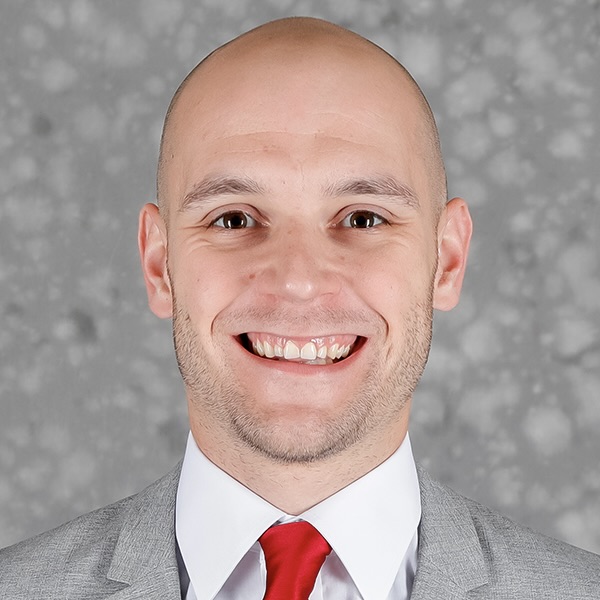
Social Media Engagement Specialist - Nathan Palcowski, MS. Prior to Annals, Nathan worked for over 10 years in Intercollegiate Athletics as a Social Media Manager, Public Relations Specialist and Graphic Designer before working as a Marketing Manager at an environmental consulting firm. Nathan brings years of experience in managing multiple social media channels, implementing strategic content development for Facebook, Twitter & LinkedIn while increasing followers and engagement rates. Nathan earned two bachelor's degrees from Western Michigan University ('15) in Journalism and Graphic Design and a Master's Degree in Sports Management from East Tennessee State University ('17). Nathan is originally from Grand Rapids, Michigan and now resides in Wilmington, North Carolina.
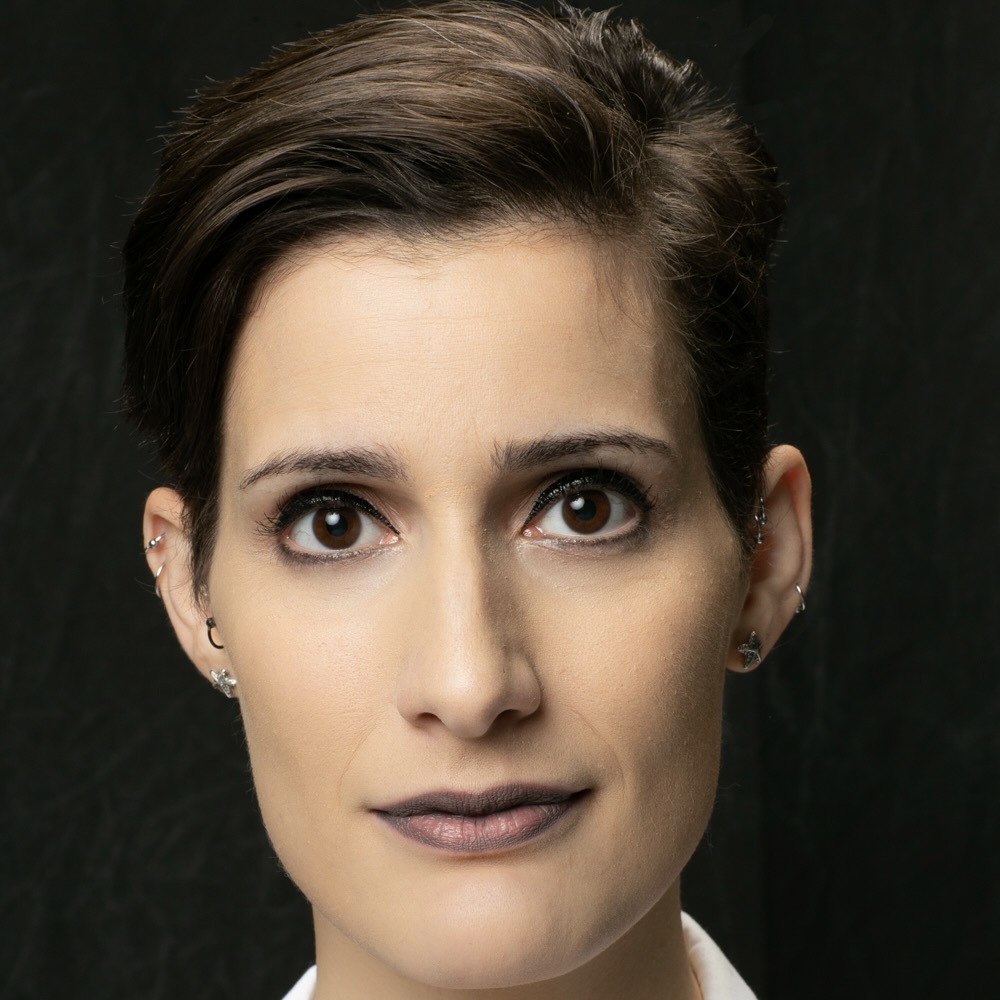
Media and Communications Consultant, Podcast Host, Producer, and Creator - Sherri Eldin, DO, MFA. Sherri Eldin is a postgraduate year 1 resident in family and social medicine at Montefiore Einstein Medical Center in New York City. She has a specific interest in sexual health for marginalized populations and works in disability advocacy. She holds a Master of Fine Arts in theater and music from Brown University, where she was the commencement speaker, and a Bachelor of Arts in English and Italian literature with a concentration in creative writing from Fordham University.

